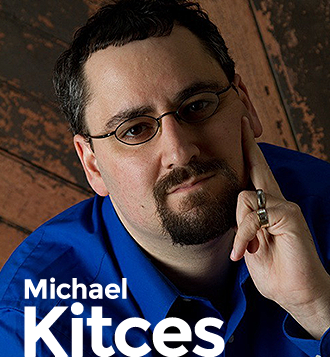
Scott Huff – CEO Yourefolio
Of course they matter…depending on your perception of their transferrable value. To understand the transferable value, you first must understand what classifies as a digital asset. Wikipedia’s definition of a digital asset is anything that exists in a binary format and comes with the right to use. Yes, we have no idea what that means so let’s put that in layman’s terms.
Digital assets can be many things. The most popular digital assets are loyalty rewards (reward points), social media accounts such as Facebook, Twitter, and others, photo and video sharing accounts such as Instagram and YouTube. Other popular digital assets are video gaming, and gambling accounts and online storage accounts. There are a lot of types of digital asset accounts but to understand the transferrable value, it is important to understand the content of the digital asset.
Those who make a living blogging or with YouTube videos certainly have tremendous value in those digital assets. Those who have intellectual property, patents and trademarks also have considerable transferable value to the beneficiaries. While these digital assets are obviously extremely valuable to beneficiaries, there are other digital assets that are valuable but often overlooked.
Let’s take for instance a Facebook or Twitter account. Often, those accounts contain valuable photos and moments in a client’s life. Are these valuable to the family? Of course they may be but once someone has passed, what happens to the account, how do you extract the photos and data? If you possess the password, does this allow you to access the account? These questions need to be considered when estate planning for digital assets. Even if the client only has one digital asset with transferable value, it must be accounted for.
First, we want to be clear, possessing the password to a digital asset does not give you the right to that digital asset. Often, it can be a violation of the law. All digital assets have some type of transfer-ability clause, whether good or bad. For the beneficiaries, it is important to understand what that is when accounting for it in estate plans.
Let’s stay with the example of Facebook. The photos and memories Facebook holds can be invaluable to the beneficiaries. How does Facebook handle accounts upon the death of a user?
Facebook allows at any time for the account holder to appoint a legacy contact. This acts almost the same as a pass on death account. The account holder can also choose to have the account deleted which will make it a memorialized account. The important point here is knowing what the policy is and making sure that you have accounted for it either in the estate documents or as a beneficiary-designated account.
While some accounts do not allow you to appoint a legacy contact, it is important to understand if language in estate documents can suffice to assist in the transfer of certain digital assets. American Airlines has some language in its AAdvantage program terms and conditions which does not specifically allow transfer after death, but the airline gives itself a “loophole” to transfer the miles after approved legal documents have been submitted. The terms state “American Airlines, in its sole discretion, may credit accrued mileage to persons specifically identified in court approved divorce decrees and wills upon receipt of documentation satisfactory to American Airlines and upon payment of any applicable fees.” Accounting for specific language in estate documents can be vital in transferring a specific digital asset with significant value.
While your clients may believe that they do not have any digital assets, it is important to review this with them when estate planning. Go through some popular items and help them understand the intrinsic value that the digital asset may have. You would be surprised how many clients don’t realize what they have and the value they hold. Once you have helped them identify those assets, plan accordingly and you can alleviate a tremendous amount of headaches and provide superior value to your clients’ estate planning.



